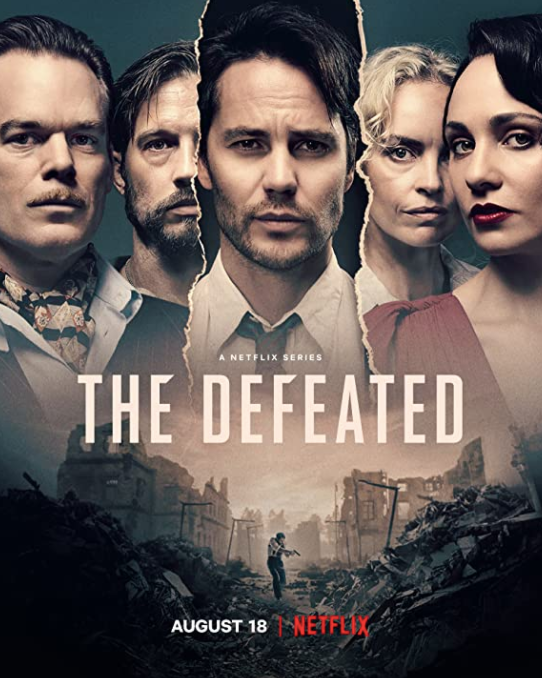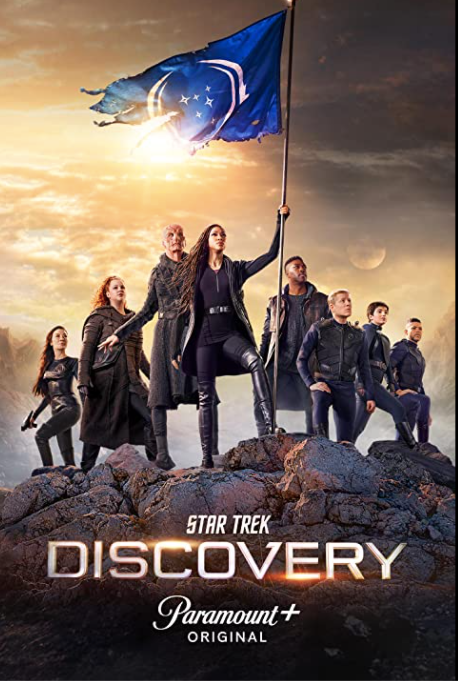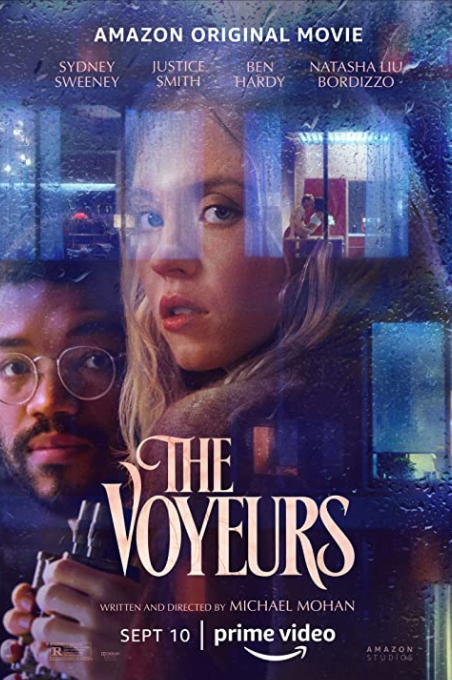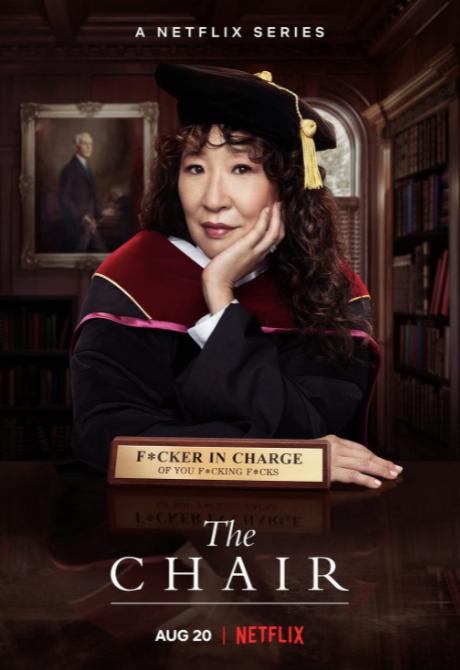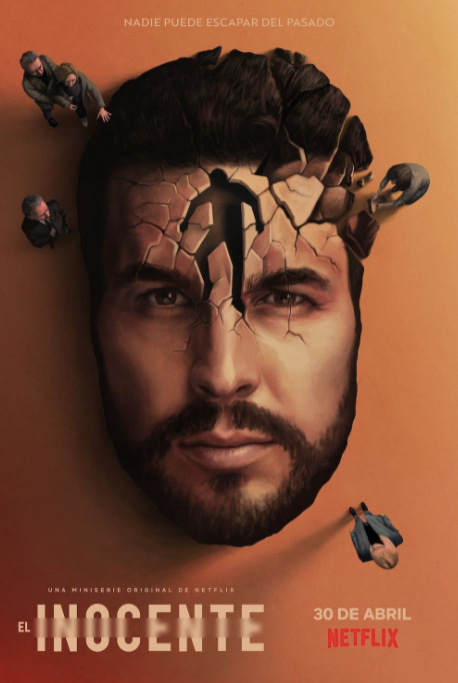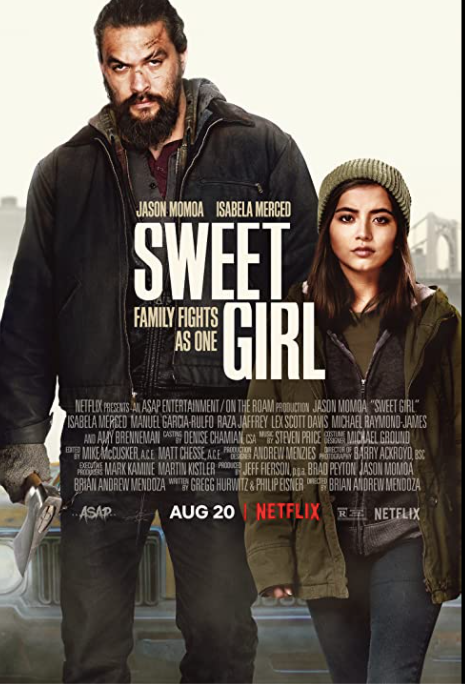
Well, I thought I'd take a look at La Brea, which debuted a few hours ago on NBC. One on the one hand, a time-travel sinkhole story is right up my alley. On the other hand, science fiction on network television all too often turns out to be annoying. Or, if not -- like Debris, which was pretty good -- it's cancelled after one season. Gone are the days of Star Trek the original series on NBC, or Lost on ABC. But it's time travel. I won't say no to at least giving a time travel series on network television a chance.
And the good news is there's what to like in La Brea. The premise is sound: a sinkhole opens in the La Brea tar pits of Los Angeles. Humans who fall in end up in the prehistoric past. Prehistoric birds fly out into our present. The set-up definitely has possibilities.
The characters who fall into the past also have possibilities. As one of them notes, their plight is indeed reminiscent of those people on the island in Lost. They're a good assortment of people of various ages, relationships, professions, talents, and situations.
Not quite as promising are the people left in our present. The government officials are trite, almost ridiculous cutouts. The husband (Josh) whose wife (Eve) and son (Jack) fell into the past has a not very believable story of somehow having true visions of his wife and son and other people in the past. At this point at least, his story is sheer fantasy, which doesn't jibe well with the science fiction of a wormhole in present La Brea to the past.
But there are some good actors in this show. Jon Seda who plays an MD in prehistoric La Brea is always welcome on screen, as is Natalie Zea as Eve. So, yeah, I'll give this series a chance, for now. It's time travel.



